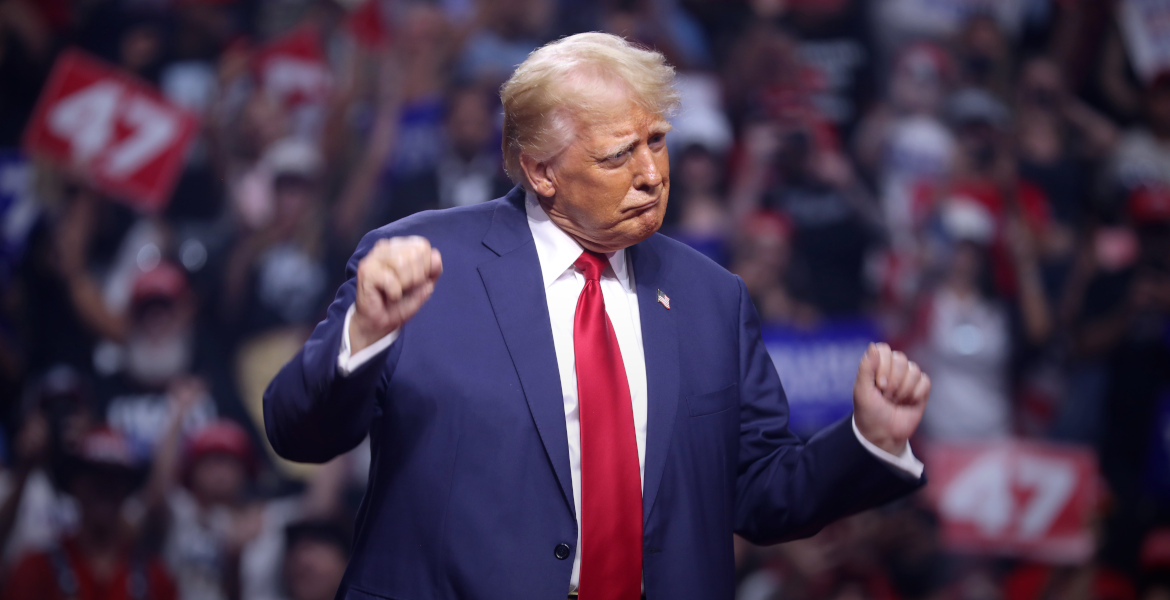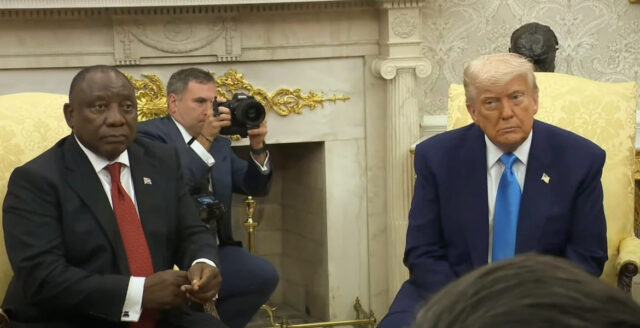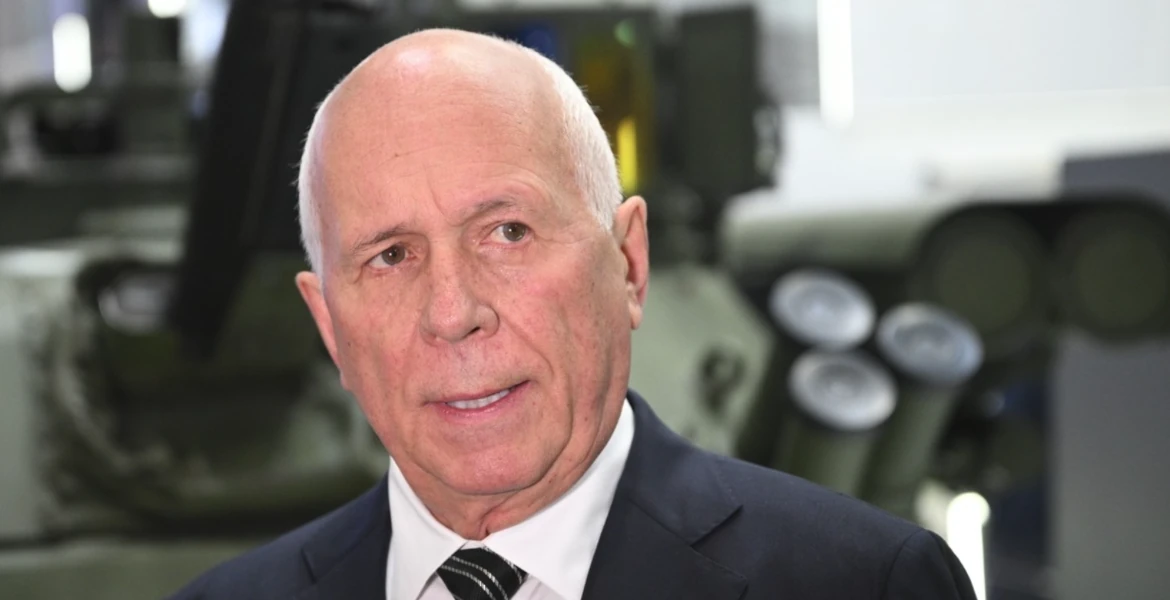Pro-Palestinian students and Republican supporters of Israel don't seem to have much in common; they mostly disagree.
However, they do seem to agree on one thing: "Fuck Joe Biden".
In the run-up to the last presidential election, Joe Biden promised to "transform the nation's divisions into unity and bring us together". In many ways, the US is more divided than ever - not least in light of Israel's bloody invasion of Gaza.
On many American campuses, pro-Palestinian demonstrators and activists have been protesting for weeks against US and American institutional support for what they describe as Israel's genocide of Palestinians - these protests have occasionally been met with opposition and counter-protests from Israel supporters - often from the Republican side.
On Wednesday, however, Israel supporters and pro-Palestinian protesters at the University of Alabama could agree on at least one thing: "Fuck Joe Biden!"
A video clip widely circulated on social media shows both sides loudly demonstrating their displeasure with the sitting president, and some wonder if this is what Biden had in mind when he talked about "uniting" the country.
As promised, Joe Biden is uniting America. https://t.co/R7j1MGxtG7
— Jeet Heer (@HeerJeet) May 1, 2024
"Biden's greatest accomplishment"
"Biden may overtake Bush to become one of the most hated presidents in modern history, and that is so damn fitting for a man who desperately wanted to be president for 30 years and finally got it when the light went out in his head", comments one user.
Others say that Biden seems willing to commit political suicide for the sake of Israel and Netanyahu, and that it is an achievement to be so hated in two such politically different camps.
"This is his greatest accomplishment as president", says Warren Wilhelm.





